The CAA has responded to criticism by the LAA of its handling of a consultation on airworthiness regulations for Permit aircraft. This is what the CAA had to say:
A8-26 is the regulatory framework we use to provide the Light Aircraft Association (LAA) with delegated authority on airworthiness matters, such as the LAA issuing Certificates of Validity on the annual Permit to Fly, on the CAA’s behalf.
The planned review of A8-26 began in 2020. This marked 5 years after it had originally launched and a point where a review is standard practice. Another driver for the review of A8-26 was to accommodate the increased scope of activity the LAA aspire to as they evolve their delegated privileges from the CAA.
This planned activity was communicated to the LAA, British Microlight Aircraft Association (BMAA) and other General Aviation Partnership (GAP) members at GAP meetings over the course of 2019.
Criticisms made that the CAA General Aviation Unit (GAU) sought resource from outside the GAU relate to the fact that we had secured counsel from one of the original GAU authors of A8-26. Although this individual had since moved to a different area of the CAA, their experience meant we could not have sought a more qualified individual when the initial review was started.
“The recent criticism made by the LAA, that despite a request to be involved in this latest review of A8-26, no such collaboration occurred, is untrue.”
The rationale for the proposed changes was presented to the LAA at a meeting with us on 12 October 2020. A summary of rationale for the changes was presented to the LAA. These included the addition of new privileges to ensure A8-26 adequately covered the extent of LAA activities.
The safety case included a review of occurrence data and oversight finding. We want to ensure the LAA and CAA are fully collaborative and consistent in oversight approach and we also wanted to harmonise A8-26 with other chapters, not related to EASA changes. Additionally, we wanted to make editorial changes to improve/simplify wording and correcting any mistakes.
The changes are to continually improve the consistency and quality management systems of the LAA and similar organisations. They are outlined below and are based on observations made at various audits. We do not believe these are unreasonable.
- Documentation to provide more assurance to the CAA the fleet is being managed proportionately and safety:
- Independence of oversight activities (they will need to demonstrate how they identify, manage, and mitigate conflicts of interest)
- Internal occurrence reporting system (they will need to describe how reports are gathered, stored, processed, etc)
- Personnel and authorised staff (demonstrate things like quantity, competency and currency of personnel and authorised staff)
- Risk management (update existing processes regarding the identification and management of risks)
- Update to Quality Assurance system (introduce quality feedback reporting system and be able to demonstrate financial and operation viability)
- Update Design Assurance System to account for tasks performed by external/contracted personnel
The recent criticism made by the LAA, that despite a request to be involved in this latest review of A8-26, no such collaboration occurred, is untrue. Below are key meetings and discussions had with the LAA over the past year on this specific topic. This demonstrates the considerable efforts on behalf of the CAA to engage and collaborate with the LAA.
2019
September: In a GAP meeting it was agreed with the CAA and GAP members, including the LAA and BMAA that the ‘Review of A8-26’ was a high priority project. This review was to amend and evolve regulatory content for organisations supporting recreational aviation.
2020
15 May 2020: CAA launch A8-26 review project and engage LAA and BMAA to ask them “how can we best engage and work collaboratively on this”
25 June: CAA shared a draft version of proposed changes to A8-26 to the LAA and BMAA ahead of a meeting planned for July and one day ahead of the internal CAA consultation process – something which is unprecedented and drawing the LAA and BMAA into the internal consultation process, thereby giving them the opportunity to comment along with CAA colleagues. This also gave the LAA and BMAA the opportunity to prepare and provide any commentary ahead of the meeting in July.
26 June: CAA launched an internal consultation on proposed A8-26 changes.
21 July: CAA meet with LAA and BMAA. CAA presented via powerpoint presentation an overview of proposed changes to A8-26. At that meeting the LAA and BMAA requested a delay to the A8-26 engagement until at least October and also asked for the safety case for the changes to be made clear.
13 August: Internal CAA meeting held to discuss drivers for change to A8-26 because of accommodating the request to delay activity on A8-26 until October as well as the request to clearly present the safety case.
12 October: CAA meet with LAA. Meeting held to discuss the changes to A8-26 and the CAA’s rationale for them
3 November: CAA meet with BMAA. Meeting held to discuss changes to A8-26 and the CAAs rationale for them
2021
15 March: Steve Slater of the LAA asked if the external consultation duration of A8-26 could be extended from 6 weeks to 8 weeks and be delayed by a week to give the LAA time to brief their members. The CAA agreed to an 8 week consultation period and delayed the publication of the consultation
16 March: Comment Response Documents (CRDs) were sent to the LAA and BMAA responding to their comments from July 2020. In-line with the disposition of the internal consultation responses to the rest of the CAA.
1 April: 8 week consultation of A8-26 was launched. This was done via press release, shared on the CAA webpages, and to stakeholder groups and SkyWise. The consultation is due to end on 27 May 2021.
The purpose of a consultation is to give all stakeholders affected by a proposed policy change the opportunity to review and provide their comments. Once the consultation ends, we will take all comments into consideration of the changes we propose.
We have reached out to the LAA to discuss this at a meeting soon.


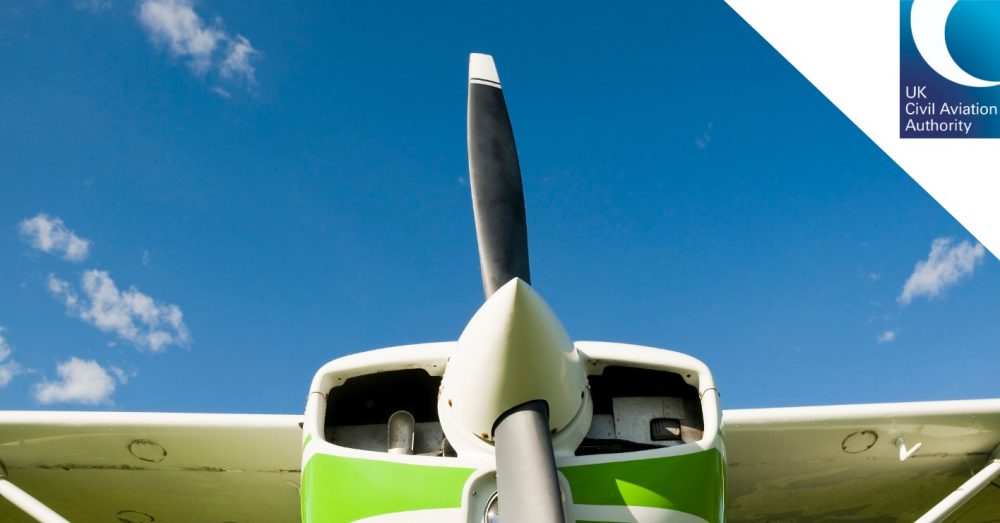
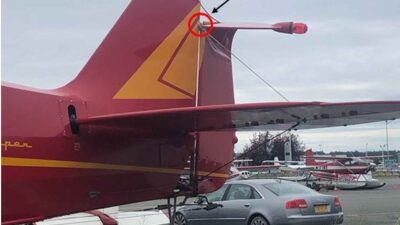
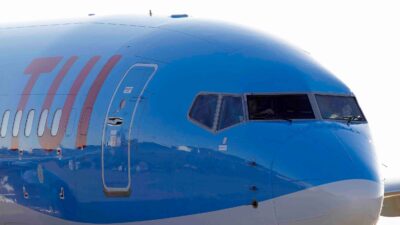

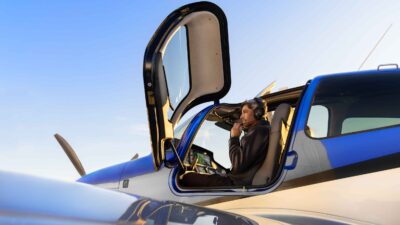
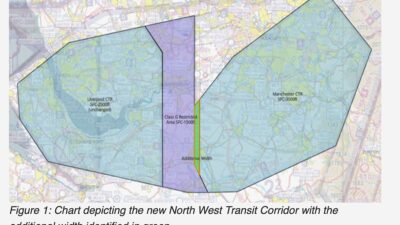
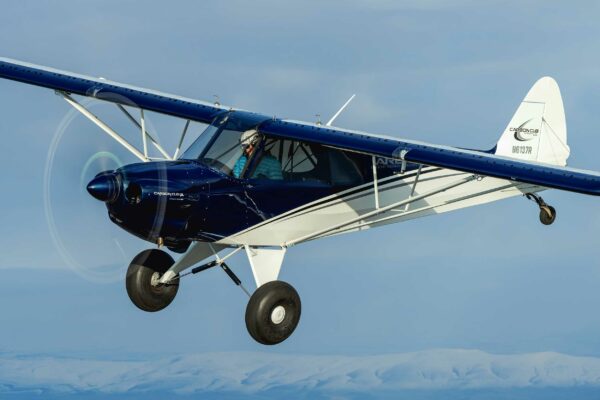



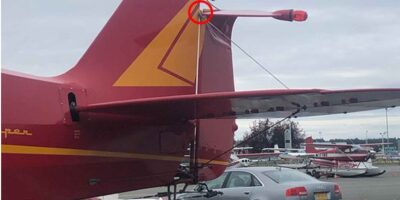
5 comments
Hmmm, shall we start at the top….25th June 2020….a Friday evening…..draft shared
26th June …the following morning…a Saturday!….consultation launched…!
Amazing how the CAA have departments of people apparently working weekends, but when you actually want to get hold of somebody ….’your call is important to us…and is in a queue’.
Grow up CAA!. …and lawyer up! This is a fight that will not go quietly away
“Amazing how the CAA have [departments of] people apparently working weekends,”
Well over recent years when I’ve been negotiating medical conditions, consequent licence issues and PMD emergance I have benefited from email replies in both evenings and at weekends. Not least that I can still aviate.
The same is true of the LAA.
Both have been hugelt supportive and helpful.
BMAA and LAA appear to be in agreement on this. Given that they’re not noted for their agreement very often ….
There is no evidence given to justify an increase of administration and documentation. I suggest that quality systems and the like are an excellent way of showing that someone is addressing an issue that may not require addressing!
CAA in one breath – “Simplifying aviation”
CAA’s next breath – this.
Utter madness.
No technical or safety justification for it whatsoever. The current system works. If it’s not broke, don’t even attempt to fix it.